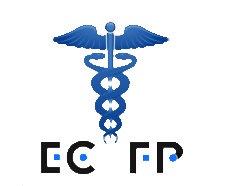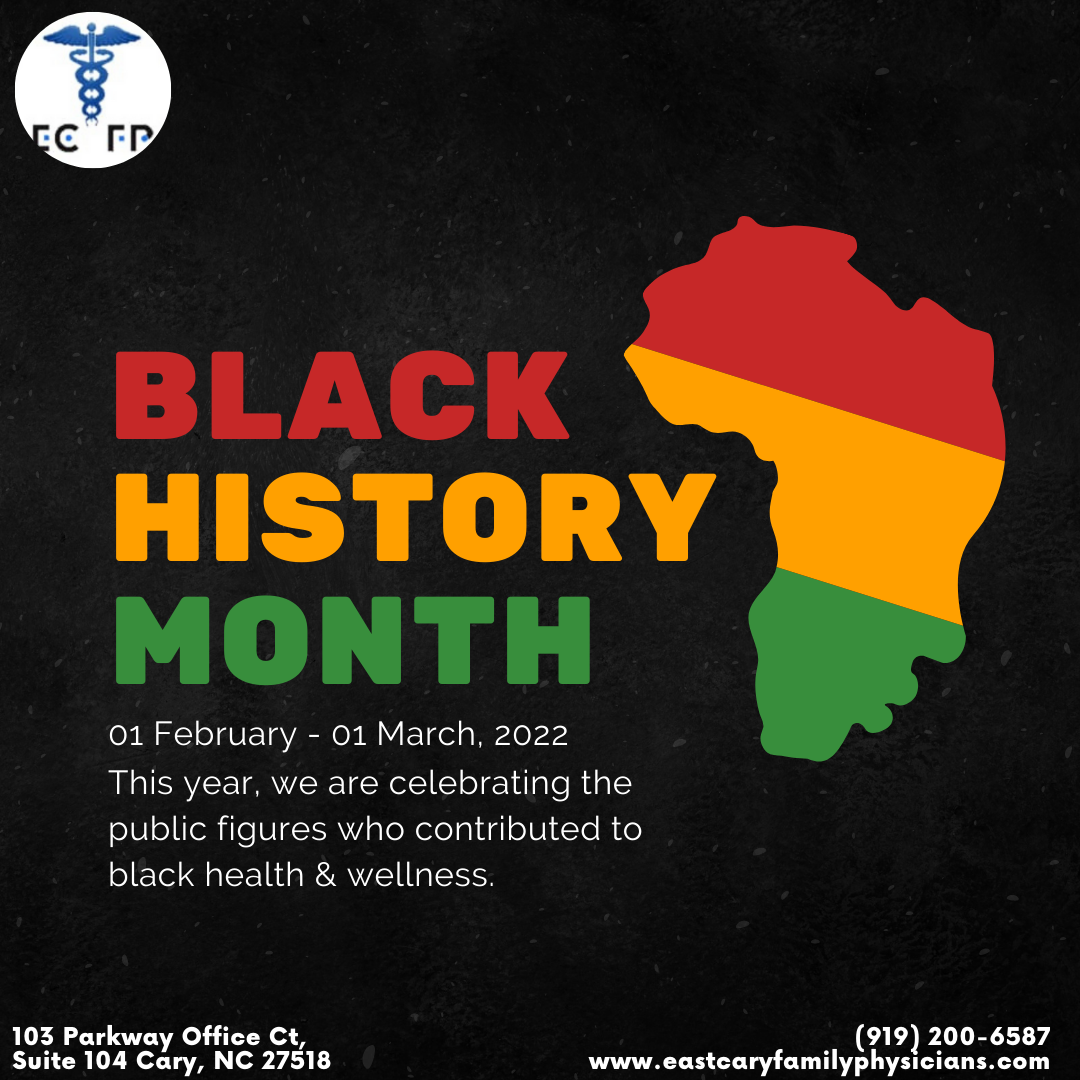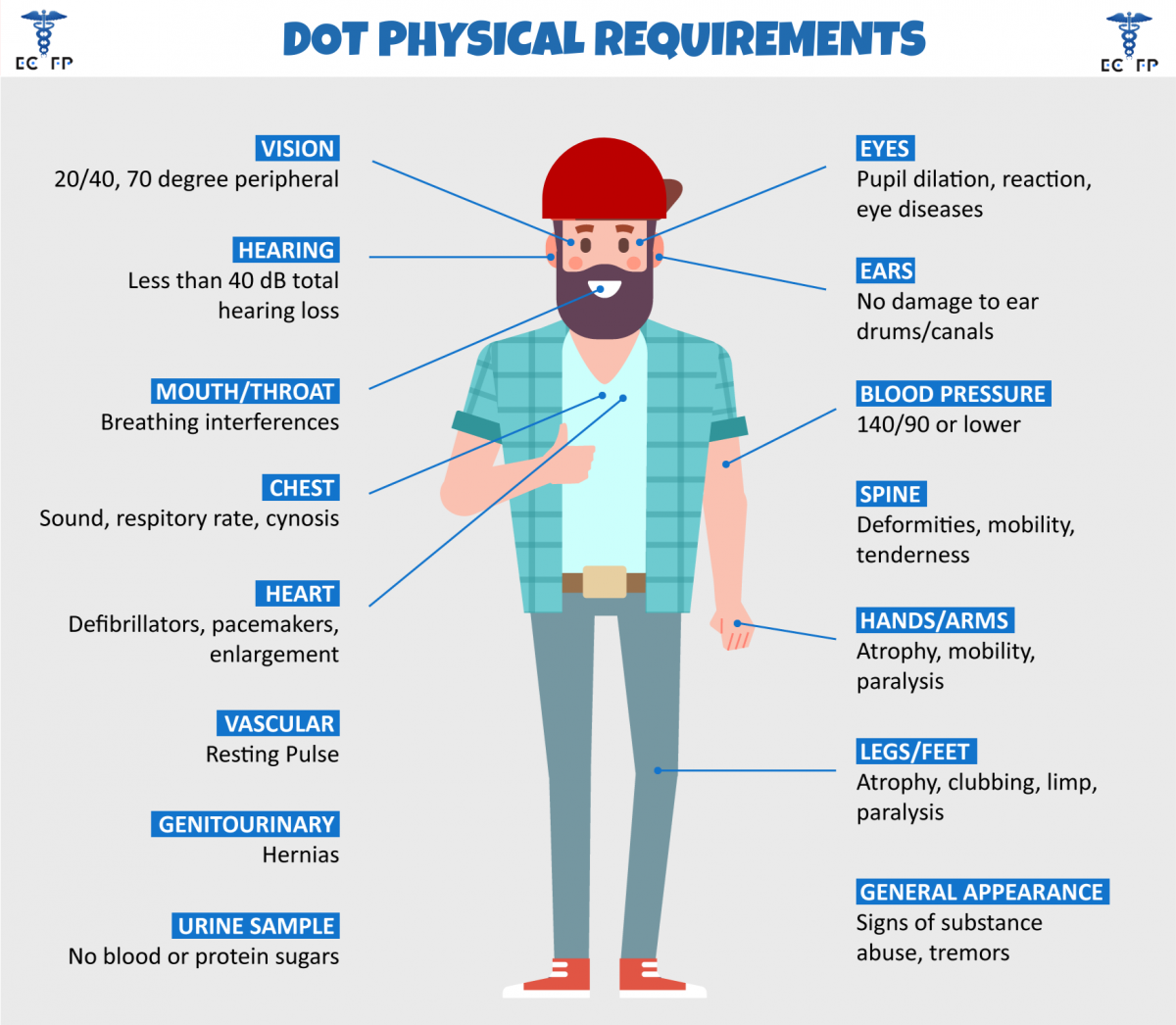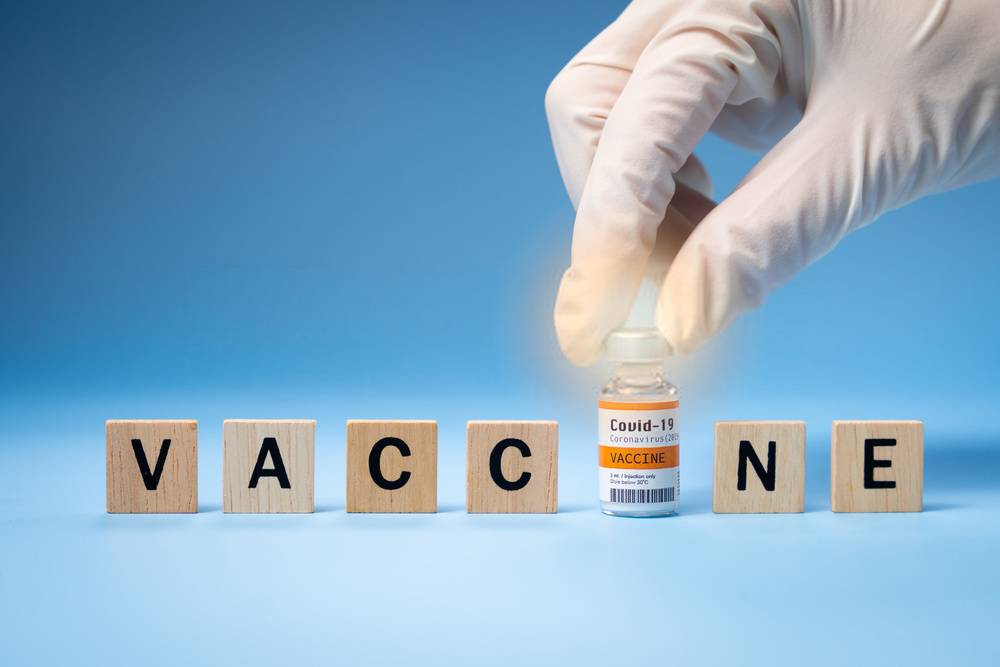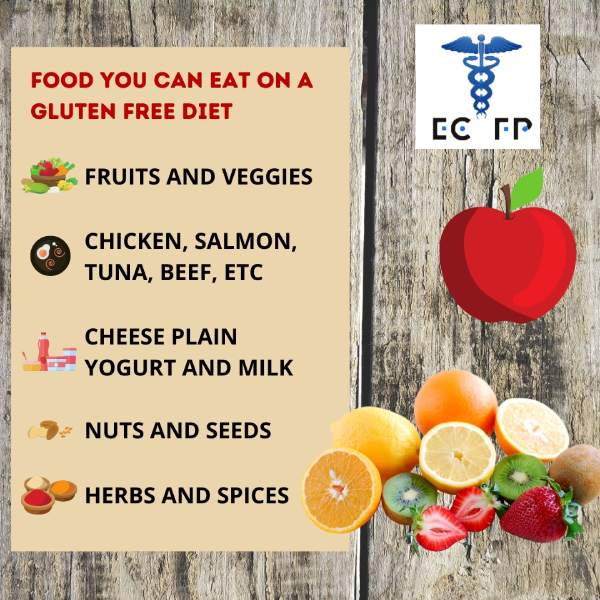February is Internationally celebrated as Black History month and this year the theme is Black Health & Wellness.
Some staggering facts around black health:
- In 2019, live births were 548,075
- In 2020, 18.7% of adults aged 18 and over in fair or poor health
- 38.7% of men above the age of 20 are obese
- In 2020, 14.5% of adults aged 18–64 without health insurance coverage
- Leading causes of death are: heart disease, Cancer & Covid-19
In the United States, February is Black History Month, a month dedicated to honoring African-American history. It’s also a month dedicated to bringing attention to the highly inequitable treatment of Black people in the United States.
This article highlights five of the numerous Black Americans throughout history who have had and continue to have a significant effect on people’s health and well-being in the United States and throughout the world.
Dr. Patricia E. Bath

Dr. Patricia E. Bath was an ophthalmologist, inventor, and laser scientist best known for her contributions to blindness prevention, treatment, and cure. Among her contributions with the most impact on public health was the invention of a new device and technique for cataract surgery known as the Laserphaco. When she filed for and received a medical patent for the device, she became the first Black American woman to do so.
When asked what led her to her career path, she responded, “My love of humanity and passion for helping others inspired me to become a physician.”
Dr. William G. Coleman Jr.

Dr. William G. Coleman Jr. was the first permanent Black scientific director of the National Institutes of Health (NIH) Intramural Research Program (IRP). He directed the NIH’s National Institute on Minority Health and Health Disparities. He took the leadership on transdisciplinary research that focused primarily on the biological and non-biological determinants of health disparities and their influence on the outcomes of cancer, cardiovascular disease, and diabetes, among other chronic diseases.
Upon his death, the National Institute on Minority Health and Health Disparities (NIMHD) founded William G. Coleman Jr., Ph.D. Minority Health and Health Disparities Research Innovation Award designed to support high-impact one-year innovative research projects.
Dr. Mae C. Jemison

Dr. Mae C. Jemison is best known as the first Black female astronaut and the first Black American woman in space. Before becoming an astronaut, she earned her medical degree from Cornell University Medical College in 1981. While earning her degree, Dr. Jemison studied abroad in Cuba and Kenya and worked in a refugee camp in Thailand, which were experiences that ignited a passion for global health. In June of 1987, she became the first African American woman to be admitted into the NASA astronaut training program. After leaving NASA in 1993, she accepted a teaching fellowship at Dartmouth.
Dr. Marilyn Hughes Gaston

Dr. Marilyn Hughes Gaston is a pediatrician who became the first Black woman to direct a Public Health Service Bureau and whose groundbreaking research on sickle cell disease resulted in nationwide screening programs for children at birth.
Because of her contributions to public health, she received the National Medical Association scroll of merit in 1999. She had a day established in her honor in Cincinnati and Lincoln Heights, Ohio. Additionally, a scholarship program at the University of Cincinnati College of Medicine established a scholarship program in her name dedicated to giving full scholarships to economically disadvantaged minority students every year.
Dr. Kizzmekia Corbett

Dr. Kizzimekia Corbett, PhD, is a scientist at the National Institutes of Health (NIH) who is at the forefront of the development and production of the Moderna COVID-19 vaccines. At the beginning of the pandemic, she was among the few NIH scientists who briefed then-president Donald Trump on the coronavirus.
Corbett was born in Hurdle Mills, North Carolina, and grew up in Hillsborough, North Carolina. Her teachers recognized her talent when she was very young, and they encouraged her mother to place her in advanced classes.
Dr. Corbett’s work and what she represents is vital in a country where Black students are less likely to engage in STEM fields.
As a health and wellness community, it is vital that we continue to honor Black individuals’ and communities’ presence and contributions in the health and wellness space—past, present, and future.
